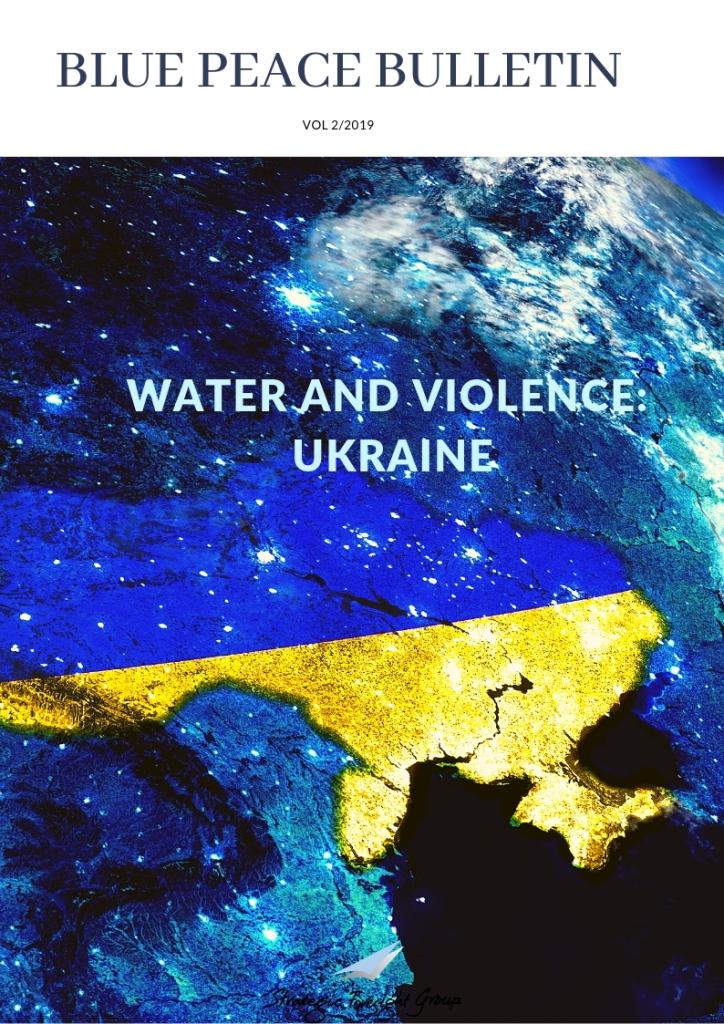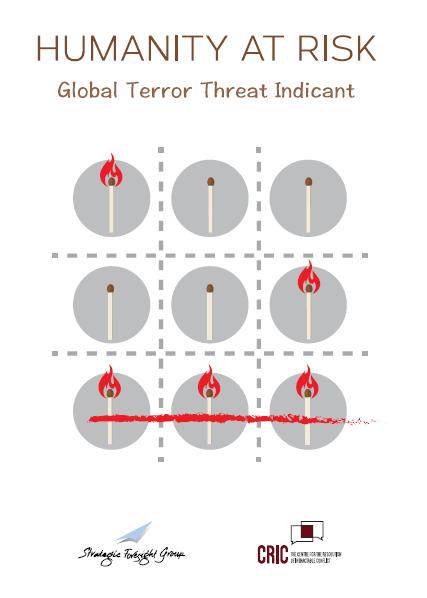Sudan and South Sudan in the East African Community?
|
|
April, 2012
By
|
The oil revenue dependent nations of Sudan and South Sudan are currently embroiled in an escalating armed conflict over oil. Despite having walked away with 75% of the oil reserves South Sudan since its cessation has nevertheless depended on Sudan�€™s oil pipeline and Port Sudan to export oil. Sudan has allegedly confiscated close to USD 1 billion worth of oil in the name of tariffs. South Sudan responded by halting production to prevent Sudan from siphoning oil in the future. 98% of South Sudan�€™s revenues are derived from oil so halting production is crippling the nation. It is also raising fuel prices in other parts of the world, especially in China, India and Malaysia.
China, India and Malaysia collectively own 90% of the stake in the Sudanese oil company Greater Nile Petroleum Operating Company which runs oil fields in Sudan and South Sudan. China owns 45% of the stake and is urging both countries to resolve their conflicts in order to resume production. African Union (AU) negotiators have facilitated a series of negotiations but to no avail. Following GNPOC�€™s confirmed reports of oil well bombings in South Sudan, an Indian envoy has somewhat belatedly joined the fray. As their involvement is focused on the short-term solution of resolving the impasse on confiscated oil for tariffs and fixing the rate of future tariffs, it is very unlikely that these foreign interests will facilitate an enduring solution for the two nations.
South Sudan�€™s refusal to export oil via Sudan by announcing a transport corridor in late February 2012 via Kenya highlights the ineffectiveness of current negotiations. The transport corridor which is slated to be built via Kenya in conjunction with Ethiopia would require the developing of the Lamu Port and the building of a pipeline connecting Lamu to Juba. The intention behind announcing the trilateral oil transport corridor could either be to break away from dependency on Sudan or possibly to gain leverage in negotiations over tariff rates with Sudan. The announcement of the corridor was followed by bombings of oil fields in South Sudan which perpetuated the armed conflict and instability in the region.
Not only are multilateral negotiations based on resolving tariff disputes failing, South Sudan�€™s attempts to find a new export route is perpetuating an armed conflict in the region. It is time that Sudan and South Sudan�€™s economic potential and strategic interests are addressed within the wider strategic framework of East Africa.
The discovery of oil in Kenya in the Rift Valley and across the border with Ethiopia has created the setting for a potentially viable strategic oil bloc comprising of Sudan, South Sudan, Uganda and Kenya which the countries could flourish from if they choose to cooperate. However Kenya striking oil could also spur a regional competition to grab international markets between the countries. China has lost no time in making headway to developing the Kenyan oil fields and now it has partial access to Sudan and South Sudan�€™s oil as well as Kenya�€™s newly found oil stores. At present the second most powerful economy in the world cannot rely on Sudan�€™s oil exports but needs the resumption of oil production and exports in South Sudan. Soon Kenya, Sudan and South Sudan could be competing for China�€™s ever increasing thirst for oil.
The prospect for future competition complicates the development of the South Sudan-Kenya- Ethiopia oil transport corridor. There is a good chance that the developed Lamu Port will be used to export Kenyan oil in the future but the important questions are: Will Lamu also export South Sudanese oil? Will South Sudan once again be dependent on Port Sudan for exports or will it have two ports to resume exports from? The answers to these questions will have important implications on whether East African nations choose to compete over capturing international oil markets such as China or choose to collectively develop their oil resources and export oil as a bloc to spur their economic development like the Gulf Cooperation Council (GCC).
Sudan and South Sudan could further benefit from the EAC�€™s commencement of leveling of markets through the leveling of tariffs and opening borders for trade between its five members (Uganda, Rwanda, Burundi, Kenya and Tanzania). Favorable market conditions have spurred labor migration and exports of goods and services within the EAC. A common EAC currency is also in the cards in the years to come. There is also great potential for achieving regional food security through such integration. Uganda, Tanzania and Sudan have great potential for producing surplus food and have been trading staples such as Sorghum, Maize and beans formally as well as informally across their borders. EAC could also do well to tap into Sudan�€™s established transport infrastructure and highly developed irrigation system. An expanded EAC could revitalize foreign direct investment in all the nations in other critical avenues besides oil such as the transport sector, real estate, telecommunications and the industrial sector.
The EAC countries are not new to rehabilitating post-conflict societies. There are significant lessons to be learnt by the remarkable progress Rwanda has made in achieving low-corruption and community participation in governance, 30% reservation for women in parliament, peace and reconciliation measures to heal the wounds of genocide and remarkable infrastructural and industrial growth.
While market integration is not without its complications as witnessed in SAARC and in parts of the Middle-East, it has been beneficial in Africa as witnessed by the spur in economic growth within the EAC, Southern African Development Community (SADC) and Common Market for Easter and Southern Africa (COMESA). AU, inspired by their economic growth, discussed the integration of EAC, COMESA and SADC at its Summit this year. As a first step to such integration AU could assist Sudan and South Sudan�€™s integration into the EAC by facilitating talks between Sudan, South Sudan and the EAC while bringing on board insights from relevant foreign stakeholders such as India and China regarding the economic benefits of cooperating over developing their oil and other resources to achieve lasting peace and economic development in the region.
Related Publications
Related latest News
Related Conferences Reports
-

P5 Experts Roundtable on Nuclear Risk Reduction
Download:Geneva Roundtable Report
-

Roundtable on Global Security and Catastrophic Risks
Download:Report on RT revise





